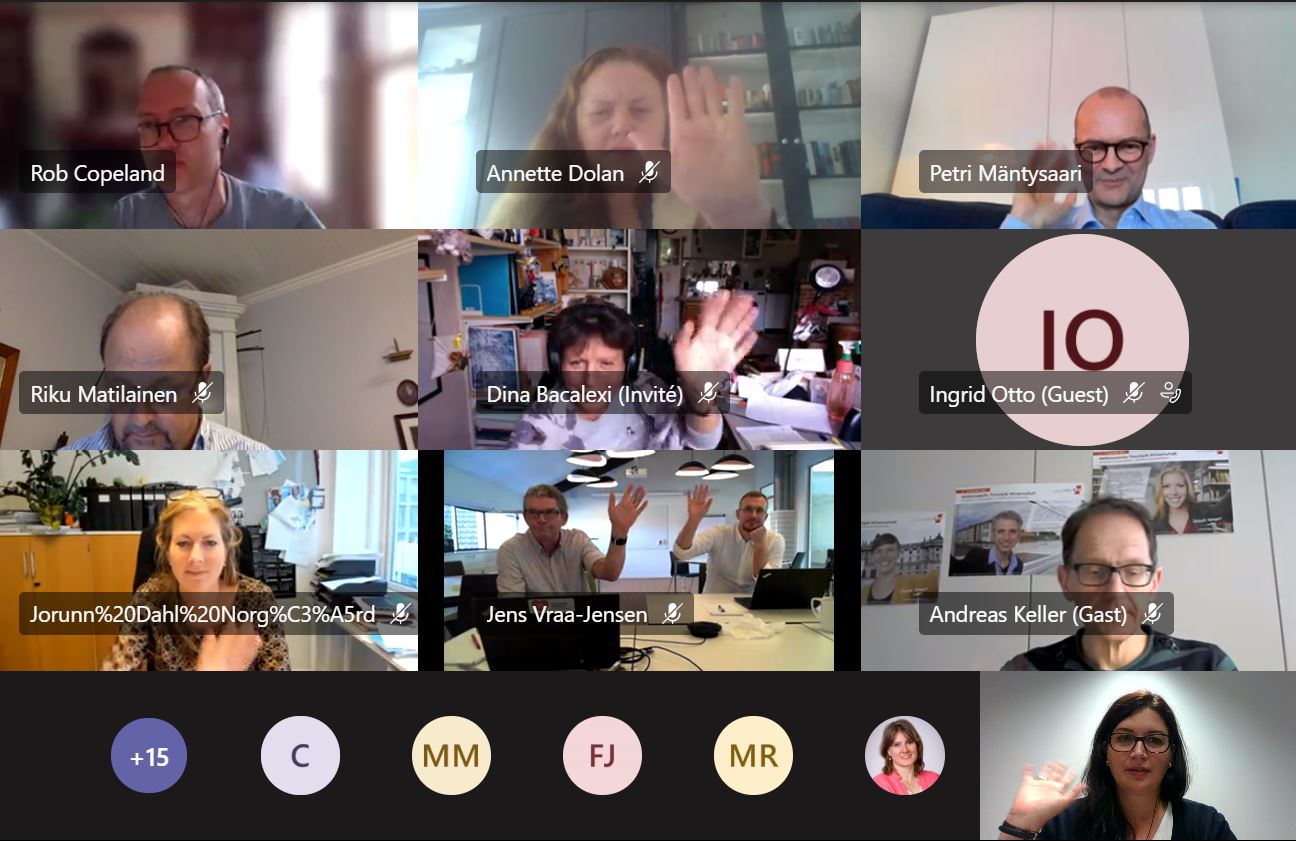Trade unions are concerned about the impact of COVID-19 pandemic on higher education and research staff
02 October 2020
The COVID 19 outbreak is a public health crisis quite different than anything Europe has faced for many years. As education personnel and their trade unions grapple with the outbreak, we are supporting and informing member organisations in any way we can.
- Long COVID-19: What challenges for education trade unions across Europe?
- ETUCE study on Education Trade Unions in Europe facing COVID-19 Omicron Variant
- Well-being of academics and researchers in the Netherlands: who did COVID-19 affect the most?
- Belgium: Education is essential! Truly?
- Education and Training Monitor 2021 sheds light on well-being during COVID-19
- Gender segregation in education: setback to achieving gender equality in EU
- Latvia: the impact of the pandemic on teachers is extremely worrying
- Education trade unions building capacity for renewal beyond COVID-19
- French study: the psychosocial impact of COVID-19 on researchers
- Romania: Success in the negotiations for a vaccination agreement
- UK Study found stress and anxiety of academics above national average during COVID-19 pandemic
- New OECD data outlines the effect of the COVID-19 pandemic on the teaching profession
- Transmission of COVID-19 in education: the scenario for the next school year
- New NEU information tool to encourage critical-thinking on COVID-19 vaccines
- Hungarian teachers’ opinion on the reopening of schools

The Higher Education and Research Standing Committee (HERSC) of ETUCE member organisations meeting on 29-30 September 2020, discussed, among many other issues, the impact of the COVID-19 pandemic on the working conditions of staff and on the higher education and research sector overall.
The trade union representatives from higher education and research explained that staff had already experienced a lack of training on digital skills, digital pedagogy and IT tools before the crisis in most countries. This had made the shift to fully digital teaching and research difficult. Online teaching had a huge impact on workload of staff, mostly on the female staff who had to balance their remote work, increased overtime, and care responsibilities for children and elderly at home. Many university professors were forced to neglect their research duties in order to ensure good preparation and provision of online teaching to their students. Indeed, many questions and unsolved problems emerged in the crisis, such as the change of the nature of the academic job, the role of the private sector in supporting digitalisation, data protection, privacy, surveillance, and intellectual property rights. While higher education teachers had to prepare their own teaching materials, HERSC members reported that the copyright of these materials was often not ensured by universities nor national legislation. Trade unions of higher education and research staff even reported of their experience that private IT providers had begun to sell teachers’ non-copyrighted materials.
The pandemic had also had a serious impact on the application and admission to universities which contributed in some cases to a reduction of universities’ budgets and thus their incapability to pay their own staff, resulting in redundancies of professors and researchers. “Winter is coming”, said the representatives of those trade unions, who expect more cuts in public investment of higher education and research in the future, which will have a detrimental effect on increasing social inequalities among students, on high quality higher education and research, and on decent working conditions for staff.
While politicians argue that online teaching should become the norm, education trade unions demand that ministries respect academic freedom and institutional autonomy alongside a good balance between online and on-site teaching. Academic life cannot be replaced by online learning, laboratory and on-site programmes, and teacher-student and student-student interactions.
HERSC members also discussed at the meeting with the speakers from Directorate Generals of Employment, Education and Research of the European Commission the impact of micro-credentials and harmonizing graduate tracking systems on financing higher education institutions and academic freedom. The members exchanged views with the European Commission on its future work on researchers’ skills development and its relation to freedom of knowledge and research.
Education trade unions are also preparing for the Rome Ministerial Conference of the Bologna Process countries which will take place on 19 November 2020.